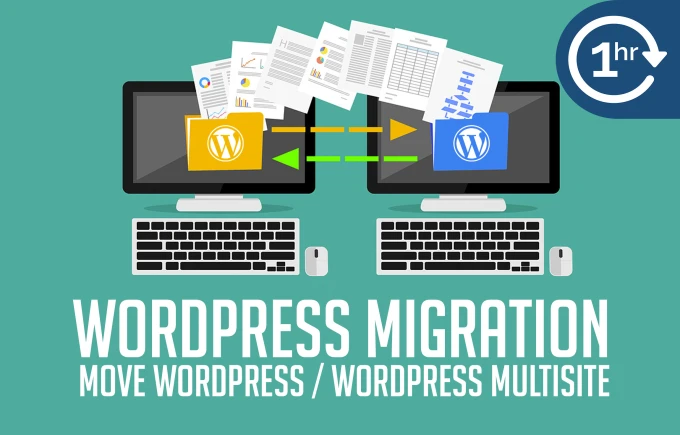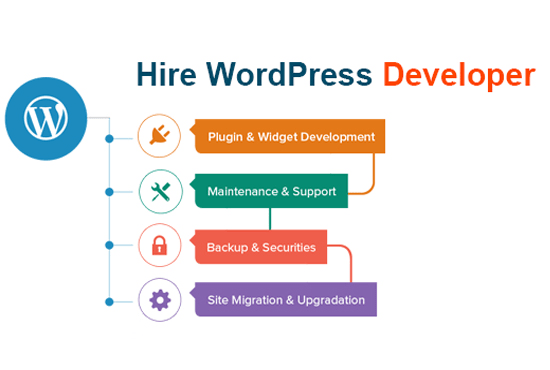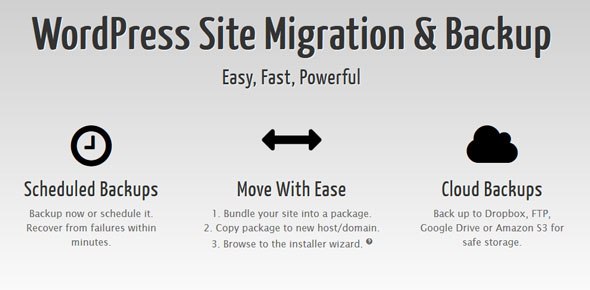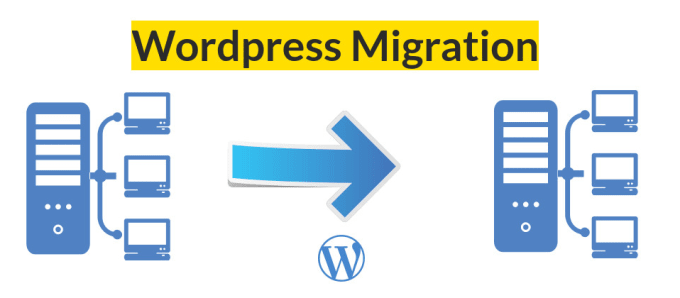Home » Service » WordPress Consulting & Support » WordPress Backup and Migration
WordPress Backup and Migration Service
Is your WordPress website vulnerable to data loss or technical glitches? Don’t wait for disaster to strike! Our WordPress Backup and Migration Service ensures your website’s safety and smooth operation.






Why Us?
Choosing the right service for your WordPress backup and migration needs is crucial for the security and performance of your website.
01.
Expertise and Experience Our team consists of seasoned WordPress professionals who have successfully handled numerous backup and migration projects. We bring a wealth of knowledge and expertise to ensure a seamless process.
02.
Comprehensive Solutions We provide an all-inclusive service that covers every aspect of backup and migration. From initial assessment to post-migration support, we take care of everything so you can focus on running your business.
03.
Customized Approach We understand that every website is unique. Our migration plans are tailored to your specific needs, ensuring that all your customizations and configurations are preserved.
04.
Minimal Downtime We know that downtime can be costly. Our efficient migration process is designed to minimize downtime, ensuring that your site remains accessible to your users with little to no interruption.
05.
Robust Security Data security is our top priority. We implement stringent security measures during the backup and migration process to protect your site from data loss or breaches.
06.
Ongoing Support Our commitment to your site doesn’t end after the migration. We offer ongoing support to address any issues and ensure your site continues to run smoothly.






Spinah’s Advantage
At Spinah, we ensure your WordPress site is safe and smoothly transitioned with our expert backup and migration services.
Initial Assessment
We start with a comprehensive assessment of your current WordPress setup. This includes identifying key plugins, themes, and custom configurations'
Full Backup Creation
We create a complete backup of your website, including databases, files, and media. This ensures that all your data is secure and can be restored if needed.
Migration Planning
Our team designs a detailed migration plan tailored to your site’s specific needs. This includes choosing the right hosting environment.
Seamless Migration
We perform the migration process with precision, ensuring that all your content, settings, and customizations are transferred accurately.
Post-Migration Testing
After the migration, we thoroughly test your site to ensure everything is working perfectly. This includes checking links, forms, and functionality.
Ongoing Support
We don’t just leave you hanging after the migration. Our team provides ongoing support to address any issues that may arise and ensure your site continues to run smoothly.
The Website You've Been Dreaming Of
Let's build a website that's not just responsive but also SEO-friendly and user-centric.
What Is WordPress Backup?
Definition
A WordPress backup functions as a critical failsafe mechanism for your website. It’s essentially a comprehensive copy of all your website’s data, encompassing your content (posts, pages, media files), themes, plugins, and the underlying database that stores your website’s configuration and settings.
In the event of unforeseen circumstances – such as a malfunctioning plugin causing website instability, a security breach corrupting files, or even accidental user error – a WordPress backup allows for a swift restoration to a previous functional state.
This minimizes downtime, safeguarding your website’s accessibility to visitors and potential customers. Regularly scheduled backups become an essential practice for professional website management, promoting stability and mitigating the risks associated with data loss or technical hiccups.
Types of Data That Should Be Backed Up
1. Content
This forms the heart of your website – all your blog posts, pages, comments, and even custom post types are meticulously backed up. (Preserves your website’s voice, information, and user engagement.)
2. Media Files
Images, videos, audio files, and any other media uploaded to your site are securely stored in the backup. (Protects the visual identity and multimedia content that enhances your website.)
3.Themes & Plugins
The look and feel of your website is determined by your theme, while plugins add specific functionalities. Backups ensure you don’t lose these crucial elements. (Safeguards the design and features that make your website unique and functional.)
4. Database
This acts as the central nervous system of your website, storing all the vital information about your content, user accounts, settings, and configurations. A comprehensive backup wouldn’t be complete without a secure copy of your database. (Ensures all the behind-the-scenes data that powers your website is protected in case of corruption.)
Settings
From your general website settings to individual page and post configurations, everything is captured in the backup, ensuring a seamless restoration to your desired website state. (Guarantees a precise recreation of your website’s functionalities and user experience.)
Types of WordPress Backup Solutions
While the importance of WordPress backups is clear, navigating the different solutions available can be overwhelming. Here’s a breakdown of the most common backup methods to empower you to choose the best fit for your website
This DIY approach involves manually exporting your website’s database and files via tools provided by your hosting provider or plugins like phpMyAdmin. It offers granular control but requires technical knowledge and can be time-consuming for large websites.
LEARN MORE ➤
Many hosting providers offer built-in backup solutions, either automated or on-demand. While convenient, these backups might be limited in features, retention periods, or restoration options. It’s crucial to check your specific hosting plan’s details.
LEARN MORE ➤
This is a popular and user-friendly option. WordPress offers a vast array of backup plugins with varying functionalities. These plugins automate the backup process, schedule backups at regular intervals, and often allow for storage in popular cloud services like Google Drive or Dropbox. Popular options include UpdraftPlus, BackWPup, and Duplicator.
LEARN MORE ➤
Even with the best preparation, encountering glitches during website backups or migrations is a possibility.
LEARN MORE ➤
These can be cryptic, but the first step is to identify the specific error message. Check your backup plugin’s documentation or search online forums for solutions related to that particular message.
LEARN MORE ➤
Backups can consume significant storage space. If you encounter storage limitations, consider increasing your storage space allocation (if using a cloud storage service) or purging old backups to free up space
Company
Services
- WordPress Development
- WordPress Design
- WordPress Optimization
- WordPress Consulting
- WordPress Support

Copyright 2025 Spinah All Rights Reserved




